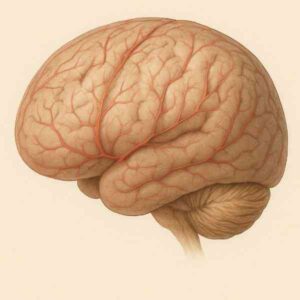I recently moved from Chicago to Shanghai for a brief stint to master cerebrovascular neurosurgery at one of their premier hospitals. As an avid world traveller, I decided to just show up. No reading about the city, no prior preparedness, no background checks. I was told my accommodation would be ‘arranged’. So, I arrived at the airport at 5 AM after a 15-hour flight from JFK and was taken to a small, dilapidated building in the heart of downtown. The cobbler, the fruit seller, the hole in the wall at the entrance that sold breakfast were already at work, as if they were midway through their day. “You stay there,” my Chinese driver said, pointing to the top of the seven stories I had to lug my suitcase to through dark stairways that automatically lit up only after you completed the flight of stairs as opposed to before.



